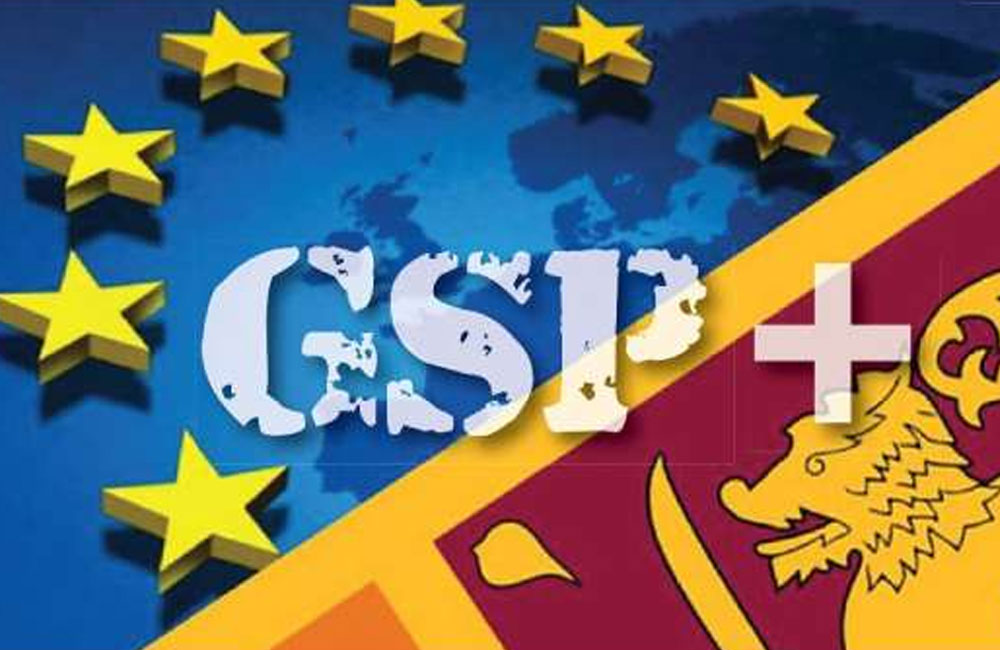Sri Lanka’s preferential access to the European Union market under the GSP+ trade facility is facing a serious threat as Brussels prepares for its next review of the scheme. Once considered a diplomatic success that opened doors for exports worth billions, the GSP+ concession is now at risk due to what analysts describe as the government’s weak and uncoordinated foreign policy handling and the poor communication skills of ministers overseeing external relations.
Since 2017, GSP+ has allowed Sri Lanka duty-free access to the EU for over 66% of tariff lines—vital for the garment, rubber, spice, and seafood industries. But the scheme requires strict compliance with 27 international conventions on human rights, labour standards, environmental protection, and governance. The EU’s upcoming regulatory overhaul will expand these to 33, adding new conventions on organized crime, climate change, disability rights, and labour inspection.
While these changes are meant to standardize global compliance, the process has become more rigorous and politically sensitive. EU officials now expect detailed implementation timetables and verifiable reforms. In Colombo, however, senior diplomats and trade analysts warn that the government has failed to engage Brussels effectively. Poorly briefed ministers, ad-hoc responses to EU inquiries, and internal policy confusion have all contributed to the perception that Sri Lanka’s compliance is more rhetorical than real.
The Prevention of Terrorism Act (PTA) remains a sticking point. Despite limited reforms, the EU continues to express concern over due process and arbitrary detention. Officials in Brussels have also flagged the slow pace of reconciliation, minority protection, and governance reforms, areas long tied to the GSP+ monitoring process. “Implementation must go beyond promises on paper,” one EU source said, warning that political backsliding could jeopardize trade privileges.
The stakes are high. The apparel sector, which employs nearly one million people directly and indirectly, depends heavily on GSP+ for tariff-free access to its largest export market. Losing this facility estimated to save exporters over €500 million annually would not only shrink export revenues but also dampen investor confidence and weaken post-crisis economic recovery.
Experts argue that Sri Lanka’s diplomatic machinery has become fragmented. Instead of proactive, strategic engagement with the EU, officials often rely on last-minute lobbying. This lack of professionalism, coupled with the absence of clear communication from the Foreign and Trade ministries, has created an impression of amateurism and policy drift at a time when credibility matters most.
Unless the government undertakes urgent, well-coordinated diplomatic engagement and demonstrates real progress in human rights, environmental protection, and governance reforms, Sri Lanka could find itself once again suspended from the GSP+ facility repeating the costly mistake of 2010.

Leave your comments
Login to post a comment
Post comment as a guest